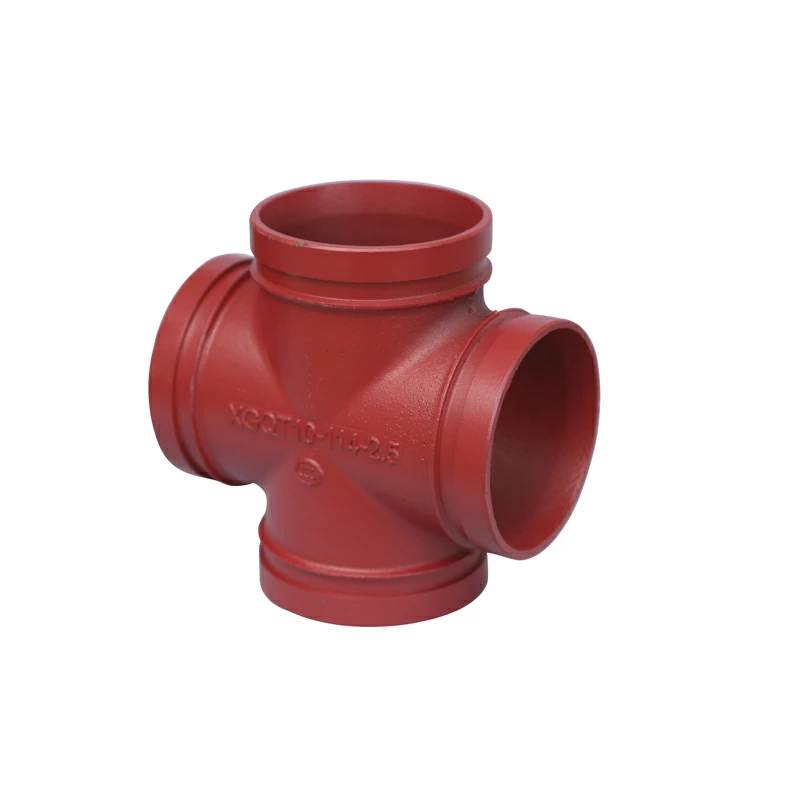The material composition of a 4-way cross tee can affect its sizing in several ways:
- Strength and Durability: Different materials have varying levels of strength and durability. For example, materials like ductile iron, stainless steel, and carbon steel are commonly used for cross tees in industrial applications due to their high strength and durability. The material’s strength influences the thickness and dimensions of the cross tee to ensure it can withstand the stresses and pressures within the piping system.
- Corrosion Resistance: The material’s resistance to corrosion is crucial, especially in applications where the cross tee will be exposed to corrosive environments or chemicals. Materials like stainless steel or corrosion-resistant alloys offer superior resistance to corrosion, which can impact the sizing of the cross tee by influencing the required wall thickness and material selection.
- Temperature Resistance: Cross tees may be exposed to high temperatures in certain applications, such as steam systems or industrial processes. The material’s ability to withstand elevated temperatures without deformation or degradation affects the sizing of the cross tee, as higher temperatures may require thicker walls or different material compositions to maintain structural integrity.
- Weight and Handling: The material’s density and weight influence the overall size and handling of the cross tee. Heavier materials may require larger dimensions or additional support structures to accommodate their weight, 4 way cross tee manufacturer which can impact the sizing and design of the cross tee to ensure it can be installed and handled safely.
- Manufacturing Process: Different materials may require different manufacturing processes, such as casting, forging, or machining, which can affect the sizing and dimensional tolerances of the cross tee. For example, forged cross tees may have tighter dimensional tolerances and higher strength compared to cast or machined tees, influencing their sizing and suitability for specific applications.
In summary, the material composition of a 4-way cross tee plays a significant role in determining its sizing, dimensions, and performance characteristics. Factors such as strength, corrosion resistance, temperature resistance, weight, and manufacturing process all influence the sizing and design considerations of the cross tee to ensure it meets the requirements of the application and operating conditions.
